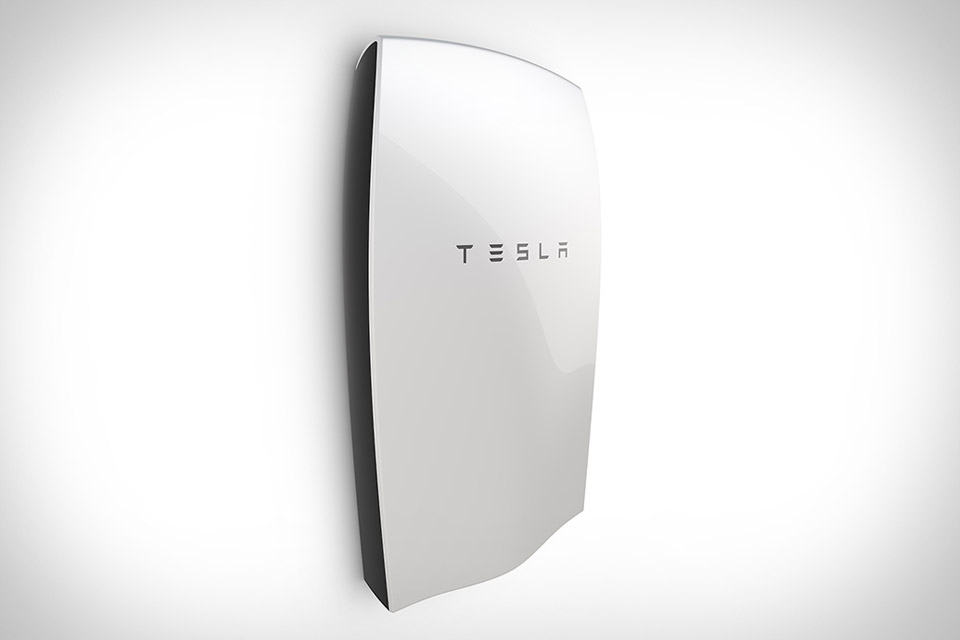When
you start making your own power using the sun as your power station you might
start to think about how much
it cost in the past to use power from the utility and how much you used. You
might even think about how much a particular item costs let's say daily to
operate.
Well
I did and decided to investigate... Chris helped.
We set up a spreadsheet and listed all the items we normally use
on a daily basis. We tend to be frugal
anyway but some things you just can't get around like a fridge. Good
thing about a fridge is even though it has to stay cold it doesn't run all day
and all night.
So, without getting too complicated we came up with this list
and the eventual cost if you use the utility to supply the power.
This electric cost calculator is
based on the current cost of electricity
on Anguilla. I divided the amount of items used only once a week into days
because this is a day to day total.
|
I thought to myself, $9.76 US a day, not too bad, I can live
with that. Our electricity rates on Anguilla are very high, one of the highest
in the world. Multiply that daily amount times 30. $292.80 almost 300.00 a
month and that is just for me. Ouch! To be fair, many items on the list are
used by two people, we both watch the same TV and use the same fridge but he
has his own computer and other devices and does his own thing with power.
Notice there is no listing for hot water. That is because we
have a solar hot water heater, have had it for
years, well paid for and still making hot water.
 We also have a pool. Small pool but it still requires a pump to
keep it clean. Did not include that either in my list because we have a solar
pool pump. If you have a pool this device is the greatest thing ever made. It
runs every day, all day as long as the sun shines. Most people complain about
the cost of running their pool, but not us, we even included a solar pool
heater so we have a nice warm clean pool all powered by the sun.
We also have a pool. Small pool but it still requires a pump to
keep it clean. Did not include that either in my list because we have a solar
pool pump. If you have a pool this device is the greatest thing ever made. It
runs every day, all day as long as the sun shines. Most people complain about
the cost of running their pool, but not us, we even included a solar pool
heater so we have a nice warm clean pool all powered by the sun.
An electric clothes dryer can kill you if you are buying
electric. It does the same thing if you are making your own. Aside from charging the car or running
an air-conditioner it is the biggest drain on your power. I hardly use the
drying anymore but that is because I am dedicated. Creating enough power to use
an electric dryer is something to think
about before you venture down the road of an off-grid system.
And another thing, no one can say they have an electric car if the electric car is powered by a diesel powered generating
plant. If I am not charging on solar energy my car runs with diesel and
although it is much more efficient the
bottom line is I used diesel to charge it. Exactly the thing I am trying
to get away from.
So going off-grid and creating your own power is kind of like
the difference between buying or renting
a house. If you own, you must maintain, pay off your mortgage, get insurance,
lots of expense. If you rent all you have to do is pay every month and let
somebody else worry about all the
problems. But if you rent you must take what you get and if there is a
problem wait for somebody else to fix it like we waited a week and some folks
waited 3 weeks to get power back after Gonzalo. When you buy you know exactly
what is going on, what you can afford to do and spend. And like our water
heater, once you pay it off it is yours
and it is still working and making hot water. If you use current costs of
utility power to determine how long it will take to pay off your off-grid
system you will know how much it cost and how long it will take to
"own" your system and become a power king.
Terms to Know
Kilowatt Hour
- one thousand watts
- The kilowatt-hour (symbolized kWh) is a unit of energy equivalent to one kilowatt (1 kW) of power expended for one hour. One watt is equal to 1 J/s. One kilowatt-hour is 3.6 megajoules, which is the amount of energy converted if work is done at an average rate of one thousand watts for one hour.



